Newsletter PEP4LEP – April 2021
Linda Hummel started this year as the new director of NLR. She is very excited and honoured to be part of the innovative project PEP4LEP: “What is really important to me is that leprosy can be prevented. And that we can put an end to leprosy in the future. That is a clear, concrete and achievable goal. The basis to achieve zero leprosy is evidence based innovation for active case finding and preventive treatment. PEP4LEP combines these two important components. In that light, the PEP4LEP project is an inspirational project, in which staff from various organizations and six different counties are collaborating. Together, and supported by EDCTP, we can make a difference.”
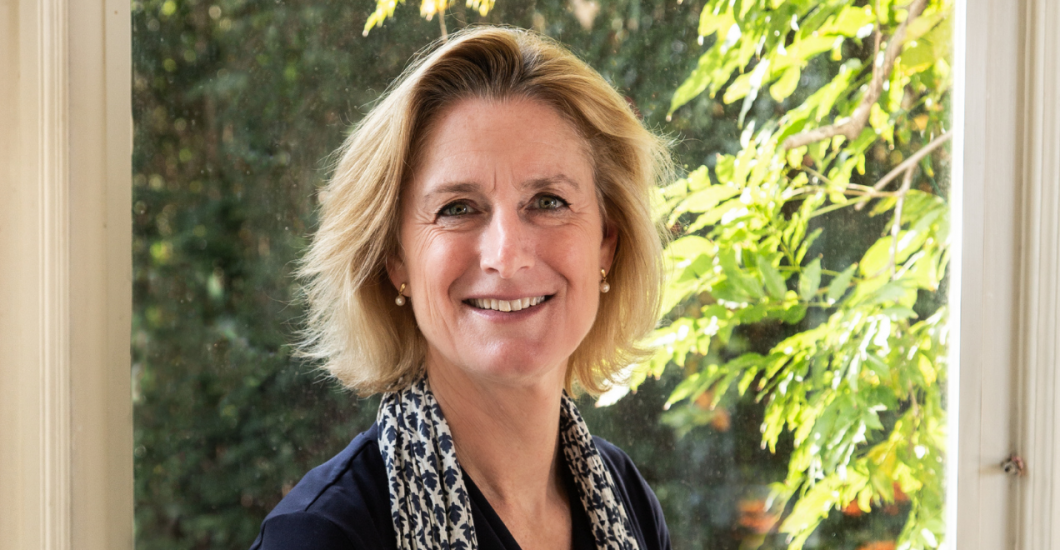
Online Annual meeting
In December 2020, the PEP4LEP annual meeting took place via Zoom. The COVID-19 pandemic restricted us from enjoying the Mozambican hospitality. To show our ability to be flexible in these challenging times, it was themed with the Kossi proverb:
“If the rhythm of the drum beat changes, the dance steps must adapt”
During the meeting, the task forces from the different countries shared their progress and experiences, which took the project to the next level. The progress made in the countries is encouraging. Rifampicin has been ordered, as soon as it is available in country, the projects are ready to go. PhD students are doing very well on their baseline articles. The PhD students mentioned how much they are learning from the project and their tutors.
We want to thank all participants for their enthusiasm and engagement!
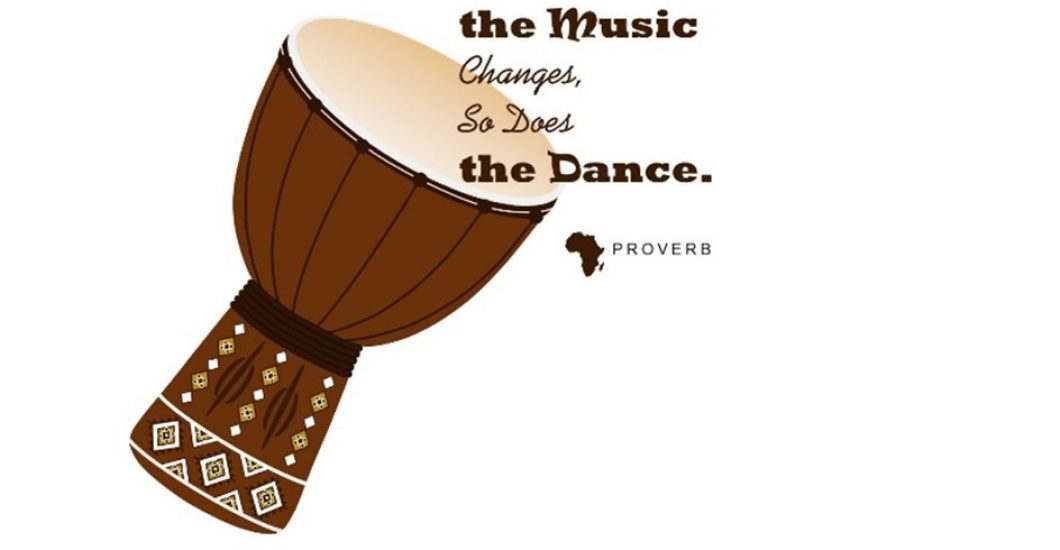
Country updates
Ethiopia
The taskforce in Ethiopia managed to get a lot of work done, despite COVID-19 and civil unrest in the country. The PEP4LEP meetings and training of trainers (ToT) for 6 health professionals were organized, followed by the training of 78 health professionals from health centres and 75 health extension workers. The baseline study was done with 50 leprosy patients, and a manuscript was prepared by Ephrem Mamo. The validation study for the case detection delay study is ongoing. Early March, Ethiopia received their batch of rifampicin tablets and field activities will soon start up.
Mozambique
The consortium members in Mozambique (MOH, NLR, Lúrio University) are working on the rifampicin import. Besides the restrictions imposed by COVID-19, it was still possible to train 44 health workers and 66 activists to undertake field project activities in the districts of Murrupula, Meconta and Mogovolas. Considering the COVID-19 presidential decree, all the prevention measures emanated from the local Ministry of Health and the WHO protocols were adapted.
Tanzania
Nelly Mwageni, the PhD candidate in Tanzania has been working on her baseline manuscript and conducted the data collection for the validation of the case detection delay. GLRA will soon open a new office in the country, which will allow the project to continue conducting skin camps and to provide SDR-PEP through health centres.
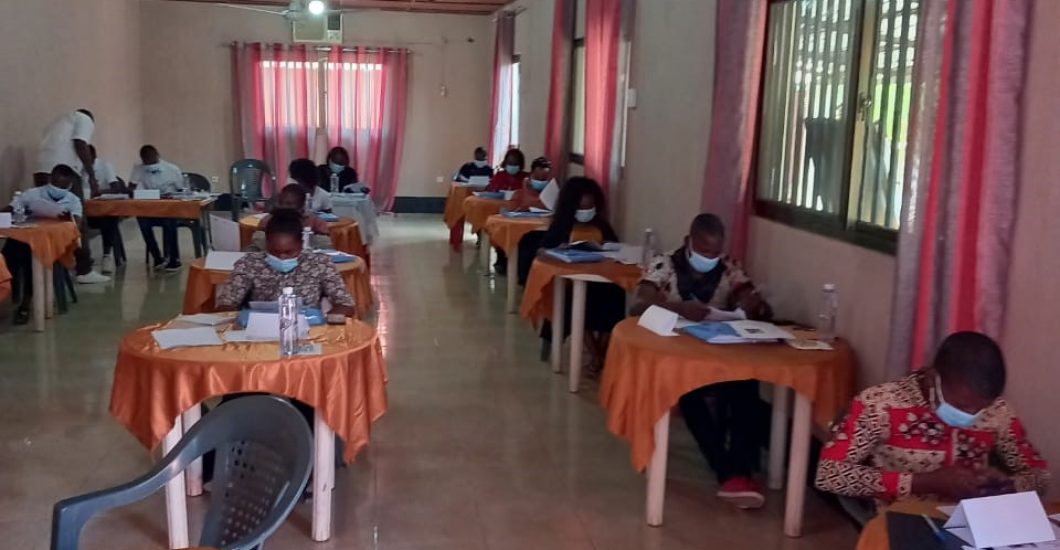
Rifampicin update
We are happy to announce that rifampicin has been ordered for Ethiopia and Mozambique. The ordered batches were tested on nitrosamine (MeNP) impurities, and levels were below current the AFDA threshold. In Ethiopia, the batches have arrived in the offices from AHRI/GLRA. We expect – taking the COVID-19 challenge into account – that the PEP4LEP skin camps and health centre based SDR-PEP distribution will start soon.

Start acceptability & cost-effectiveness study
The project team is working hard on the cost-effectiveness and acceptability study protocols. These studies will be conducted in all three East African countries. PhD-student Abdoulaye Marega from Mozambique will predominantly focus on the cost-effectiveness, PhD-student Ephrem Mamo will focus on the acceptability.

LRI Spring meeting
On Thursday 8 and Friday 9 April 2021 from 13:30 – 17:00 (CET) the Leprosy Research Initiative (LRI) is organising its sixth annual Spring Meeting. Because of COVID-19, this year’s meeting in online. During the meeting, the progress and results of LRI funded research projects will be presented. Marega Abdoulaye from the Mozambican task force will present on behalf of the PEP4LEP consortium. The meeting also offers great opportunities to meet with and learn from fellow researchers and stimulates participants to engage in lively discussions, and to share ideas between researchers, funders and other stakeholders. You can now register for the 2021 Spring Meeting for free, but seats are limited. More information is available on: http://www.lrispringmeeting2021.nl/
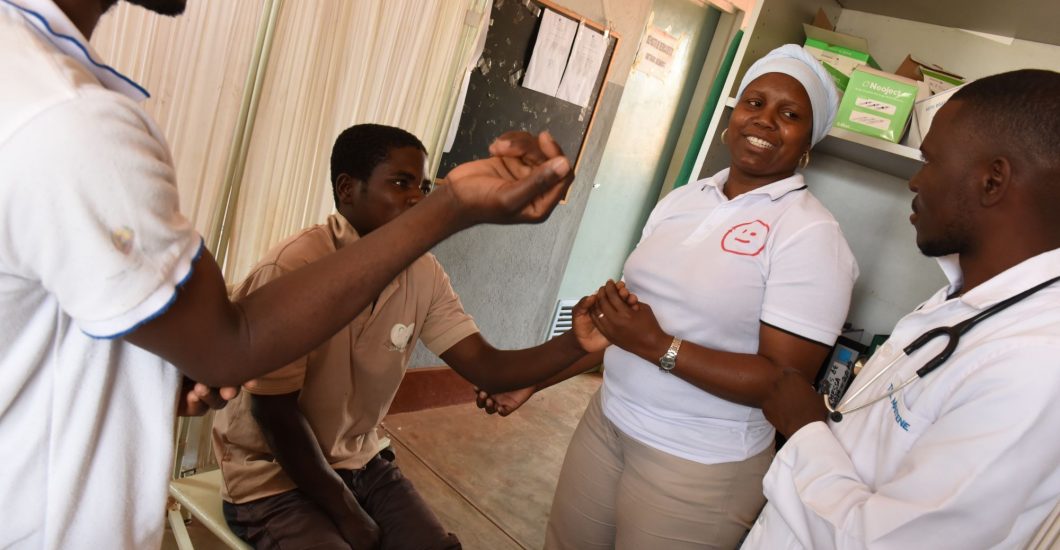
PEP4LEP research assistants
In the previous newsletter, we have started introducing the PEP4LEP research assistants. In this newsletter we are happy to let you get acquainted with Fufa Daba, our research assistant in Ethiopia.
Fufa Daba (Ethiopia)
I am really pleased to express my opinion on the progress and experience gained so far on PEP4LEP Project in Ethiopia. Since I joined this team in June 2019, I learned a lot from the team. I believed that the Project will bring a great benefit to advance the implementation of leprosy intervention for the disadvantaged communities.
It is very clear that COVID-19 put a great pressure on delaying the implementation of the project. At this point, we as a team are at the edge of starting both interventions very soon. Now I am fully equipped with necessary knowledge and skill to carry out the study. I am very eager to start the actual implementation of our project.
I got a chance to train community health workers coming from intervention area 1. At the end of each training session, I asked their view on the practicability of those methods. They fully responded with passion that, it would be easy once we launch the project. The only fear they have is may be during preparation of farm for seeding, people may not be available because of lack of time. Otherwise, they told me that they know every households condition which make easy to call them for skin camp. This relieves my stress of getting enough people on the skin camp day.
Thank you!
Fufa Daba (PEP4LEP Project Research Assistant, Ethiopian team)
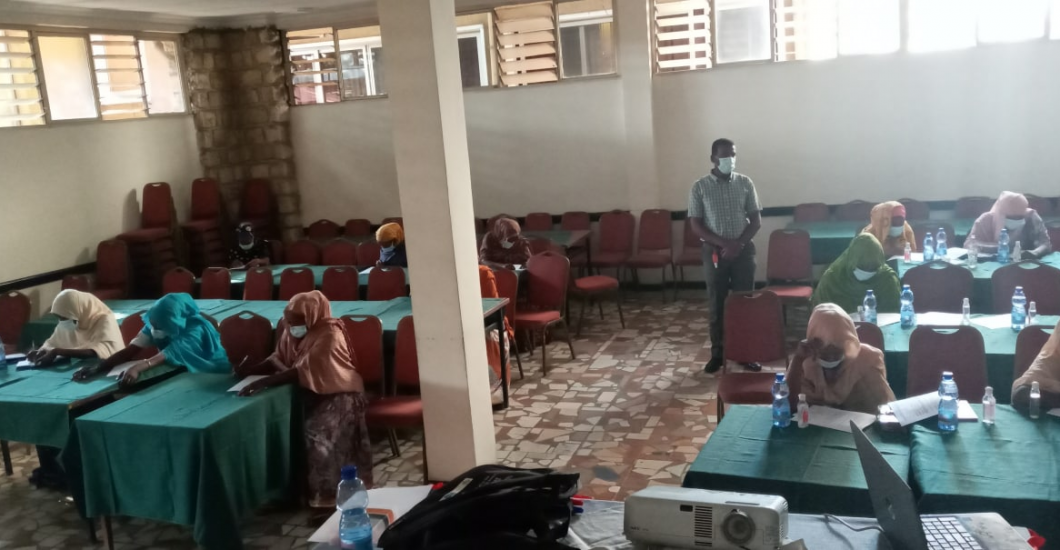
Early researcher grants
The Royal Society of Tropical Medicine and Hygiene (RTMH) has announced that application for the 2021 grants round are now open the aim is to enable early career researchers and global health professionals in the field of tropical medicine or global health to undertake clinical or scientific research and/or fieldwork.